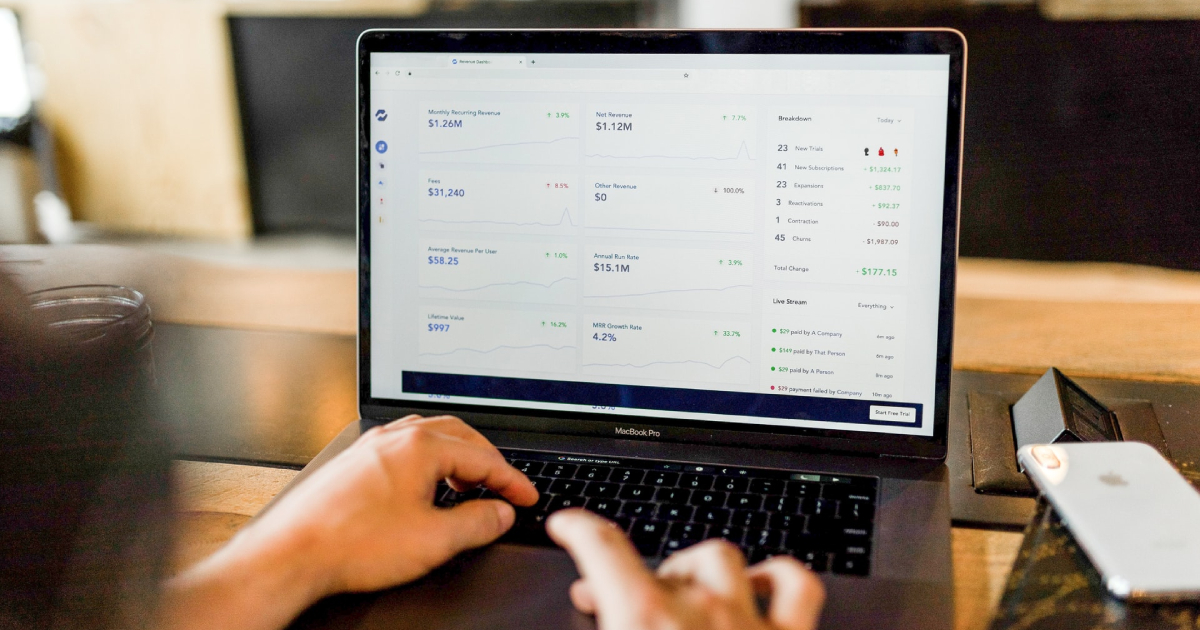Whether you’re planning to sell your company, seek investors, or simply want to understand your financial position, grasping the value of your business is essential. But answering the question, “How much is my business worth?” isn’t as simple as checking your bank balance. Business valuation is a nuanced process that blends financial analysis with market conditions and future potential.
What Is Business Valuation?
Business valuation is the process of determining the economic value of a company. It’s used for a variety of purposes including:
- Selling or buying a business
- Attracting investors or partners
- Estate planning or divorce settlements
- Loan applications
Valuation helps stakeholders make informed decisions by providing a numerical estimate of what a business is worth in monetary terms.
Key Factors That Affect Business Valuation
There is no one-size-fits-all formula because business value is influenced by several factors:
- Industry trends: Some industries command higher valuations due to growth prospects or reduced risk.
- Revenue and profitability: Strong financial performance typically leads to higher valuations.
- Customer base: A diverse, loyal customer base adds value.
- Market conditions: Overall economic health and interest rates can affect investor willingness.
- Assets and liabilities: Tangible assets like real estate and intangible ones like brand equity both play a role.

Common Valuation Methods
Although there are many ways to assess a business’s worth, the most common methods can be grouped into three categories:
1. Asset-Based Valuation
This method totals all the company’s assets and subtracts liabilities. It’s especially appropriate for asset-heavy businesses like real estate firms or manufacturers but may undervalue more service-oriented companies.
2. Earnings-Based Valuation
This approach considers the company’s ability to generate profits:
- Capitalization of Earnings: Estimates future profitability and converts it into a value today.
- Discounted Cash Flow (DCF): Projects the business’s future cash flows and discounts them to present value.
Earnings-based methods are best for businesses with steady revenue and predictable expenses.
3. Market-Based Valuation
This method uses the sale prices of comparable companies in the same industry. It’s similar to how real estate prices are determined. This approach works well in active markets where comparable sales data is readily available.
Using Multiples to Estimate Value
Multiples are a quick way to get a rough idea of value by multiplying a financial metric by industry standards. Commonly used multiples include:
- EBITDA Multiple: Valuing the company based on Earnings Before Interest, Taxes, Depreciation, and Amortization.
- Revenue Multiple: Used especially when profits are low but growth potential is high.
For example, if businesses in your industry sell for 5x EBITDA and your EBITDA is $500,000, your estimated value is $2.5 million.

When Should You Get a Professional Valuation?
While DIY tools can offer estimates, hiring a professional appraiser is beneficial when you need:
- Official documentation for legal or financial purposes
- A solid number to present to investors or buyers
- In-depth analysis of value drivers and market risks
Professional valuation firms use standardized practices and provide comprehensive reports, making them invaluable in high-stakes scenarios.
Tips to Increase Your Business’s Value
If you want the best possible valuation, consider taking the following steps:
- Organize financial records: Clear and accurate documentation speeds up the process and boosts trust.
- Diversify income streams: Relying on a single client or product lowers perceived stability.
- Invest in branding: Strong brand recognition adds intangible value that resonates with buyers and investors.
- Build a strong management team: Companies with good leadership teams are more attractive to buyers.
Conclusion
Determining how much your business is worth isn’t just about numbers—it’s about understanding your company’s strengths, potential, and place in the market. Whether you’re planning to sell, raise capital, or simply want to get your financial bearings, a solid valuation is a powerful tool. Use this guide as a starting point, and don’t hesitate to consult a professional for deeper insights and precision.


